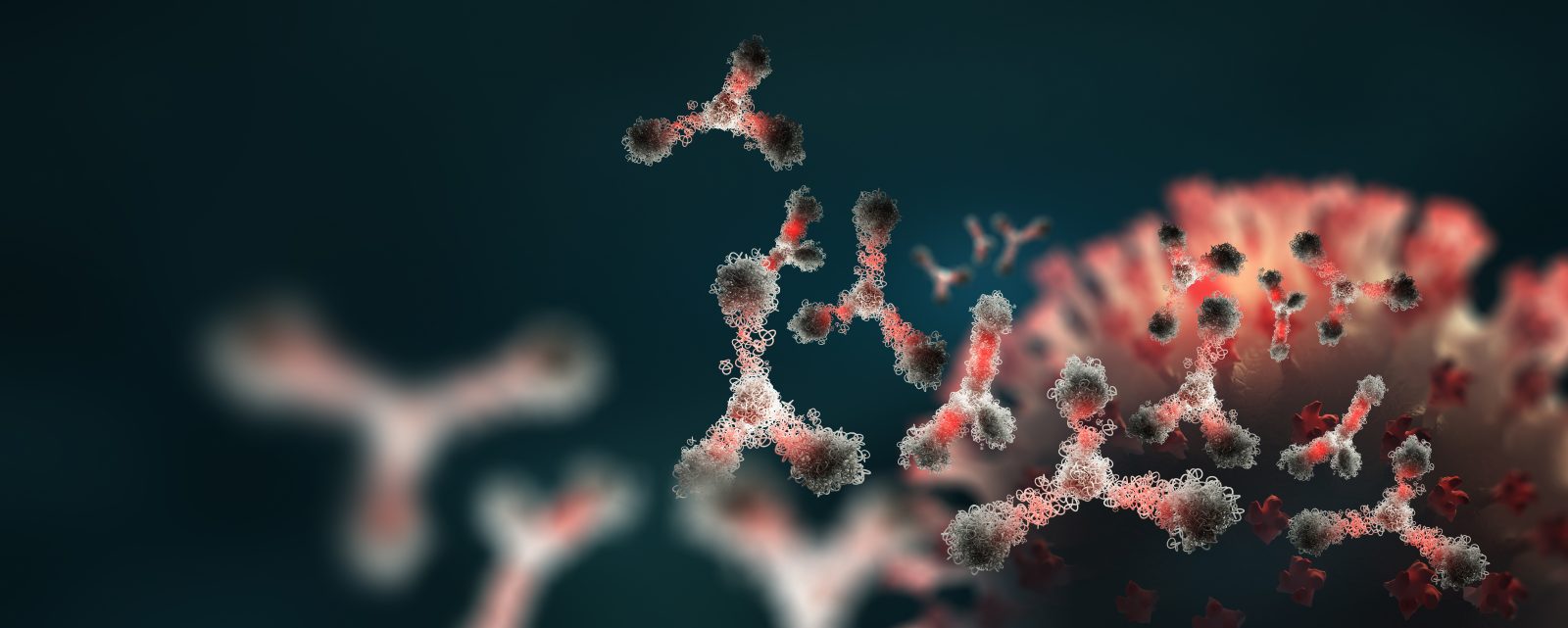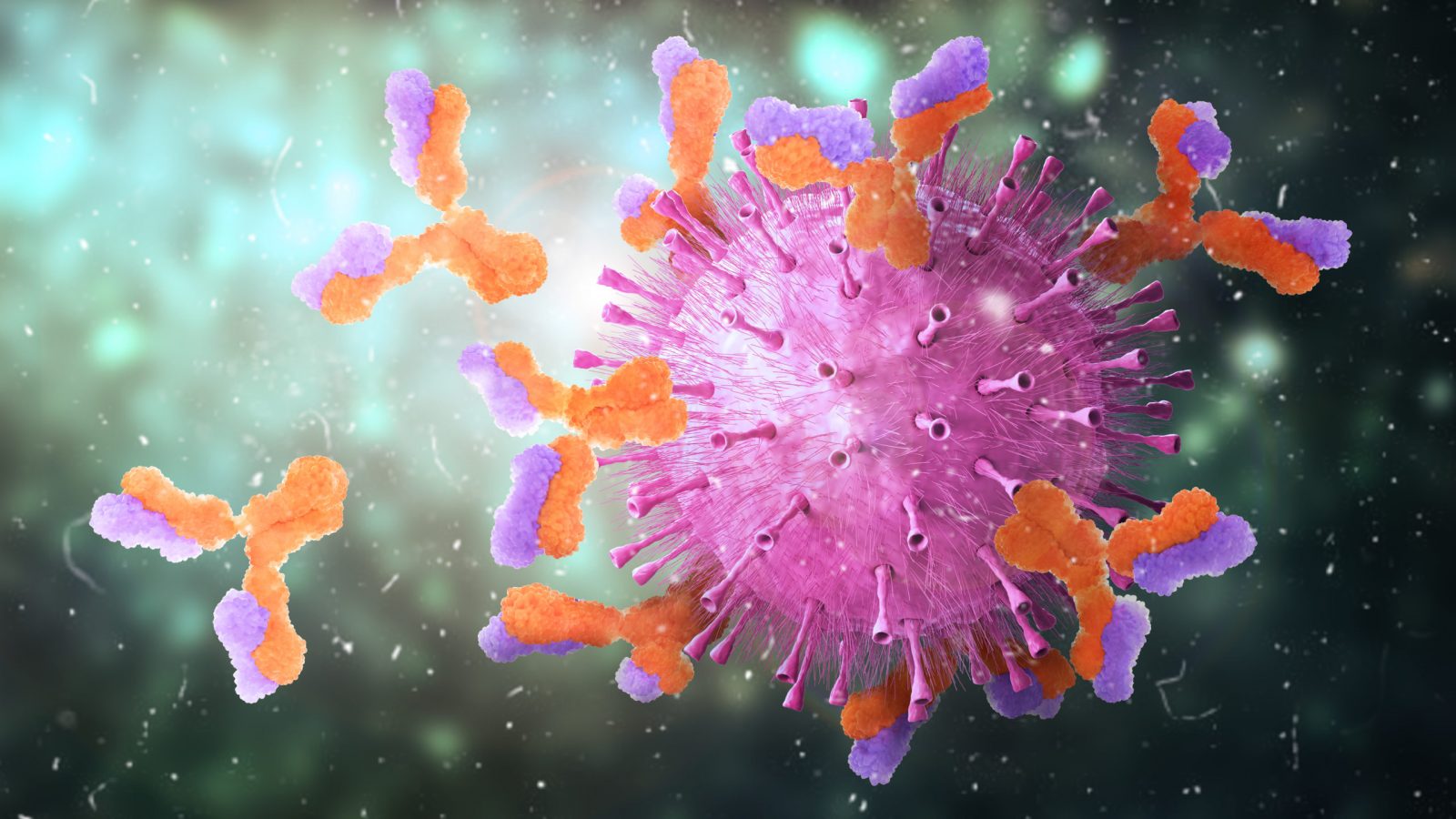


C. S. Lewis’s Prophetic Legacy on Scientism

Olufemi Oluniyi’s New Book, Darwin Comes to Africa
On today’s ID the Future, scholar John West introduces Darwin Comes to Africa, the new book by Nigerian pastor, theologian, journalist, scholar, and human rights activist Olufemi Oluniyi. The work explores the poisonous influence of social Darwinism on British rule in northern Nigeria in the late nineteenth and early twentieth century, a poisonous influence felt in Oluniyi’s home country down to the present, he argues. The book project grew out of Oluniyi’s intimate knowledge of Nigerian culture as well as his attendance at the 2017 Center for Science & Culture Summer Seminar program in Seattle, Washington. By the end of that nine-day gathering, he had resolved to write a book about the impact of Social Darwinism on his home country and announced that intention to his fellow attendees. He died of Covid-19 four years later, but not before completing in-depth research on the subject of the book and sending Discovery Institute his manuscript. Listen in to learn more about what Oluniyi discovered, and purchase his fascinating book here.

Thomas Aquinas Weighs in on the Coronavirus and Public Policy
On this episode of ID the Future, Andrew McDiarmid speaks with pediatric neurosurgeon and professor Michael Egnor about public policy decisions regarding the coronavirus. In a conversation based on a recent Evolution News article, Egnor says scientists should have “stayed in their lane,” giving policymakers the information that science can provide about a potential pandemic, and left the political calculations alone. He argues that WHO failed in one of its primary jobs, which is providing timely information and recommendations for preventing and slowing the spread of pandemics. They sat on information about Covid-19 for weeks, long after they knew there was a serious problem in China. Egnor also urges policymakers to apply science along with other expert information in a transparent decision-making process. And they must apply sound ethics — for which Egnor offers Thomas Aquinas’s four-fold framework, including the principle of “double effect.”

Covid-19, Random Mutations, and Aristotle’s Matrix of Design
On this episode of ID the Future, Andrew McDiarmid speaks with neurosurgeon Michael Egnor about Egnor’s recent Evolution News article, The Coronavirus Demonstrates How Evolution Presupposes Intelligent Design. Egnor notes that the coronavirus and other viruses are not, strictly speaking, considered living things, even if they depend on living hosts for their continued existence. Egnor also discusses the role of random mutations in viruses and draws upon Aristotle to argue that these and other random events only occur, and have their meaning, against a backdrop of purpose and design — in this case, the designed systems — the bodies — that viruses invade.

Coronavirus Response: Design in Nature and Medical Science
On this episode of ID the Future, internal medicine specialist Dr. Geoff Simmons speaks with host Andrew McDiarmid about his recent Evolution News article on the body’s response to the coronavirus, our immune system. It comprises an enormously complex enterprise with adaptive memory for millions of pathogens and the ability to keep on learning more. Researchers study it to learn how to create vaccines for diseases like COVID-19. Their work is one of intelligent design from start to finish. But, Simmons says, we ought to recognize that it starts with studying systems in our bodies that are even more intelligently designed. One might object that if our immune system were intelligently designed, it would be utterly immune to all pathogens, but such an objection makes theological or philosophical assumptions about the proper intentions of any would-be designer of life. The objection also overlooks the fact that we routinely recognize intelligent design in objects that are masterfully designed and yet not invulnerable to attack.

Michael Behe on COVID-19, Chloroquine, Malaria and the Edge of Evolution
On this episode of ID the Future, biochemist Michael Behe and host Andrew McDiarmid discuss the anti-malarial drug chloroquine, now being investigated as a treatment for COVID-19, and how it may work on the cellular level against the coronavirus. The same drug was featured in Behe’s 2007 book The Edge of Evolution, as part of his demonstration that evolution has strict limits: It can do adaptive work for organisms with single mutations, but if just two coordinated mutations are required at once, evolution’s random processes have great difficulty even with natural selection helping them along. In cases where population sizes are enormous, as with malaria, it can eventually overcome the need for two simultaneous and coordinated mutations, but only just barely. Because the odds go up exponentially, three simultaneous coordinated mutations may be beyond the edge of evolution. What does all this bode for chloroquine and the coronavirus? Listen in as McDiarmid and Behe discuss.